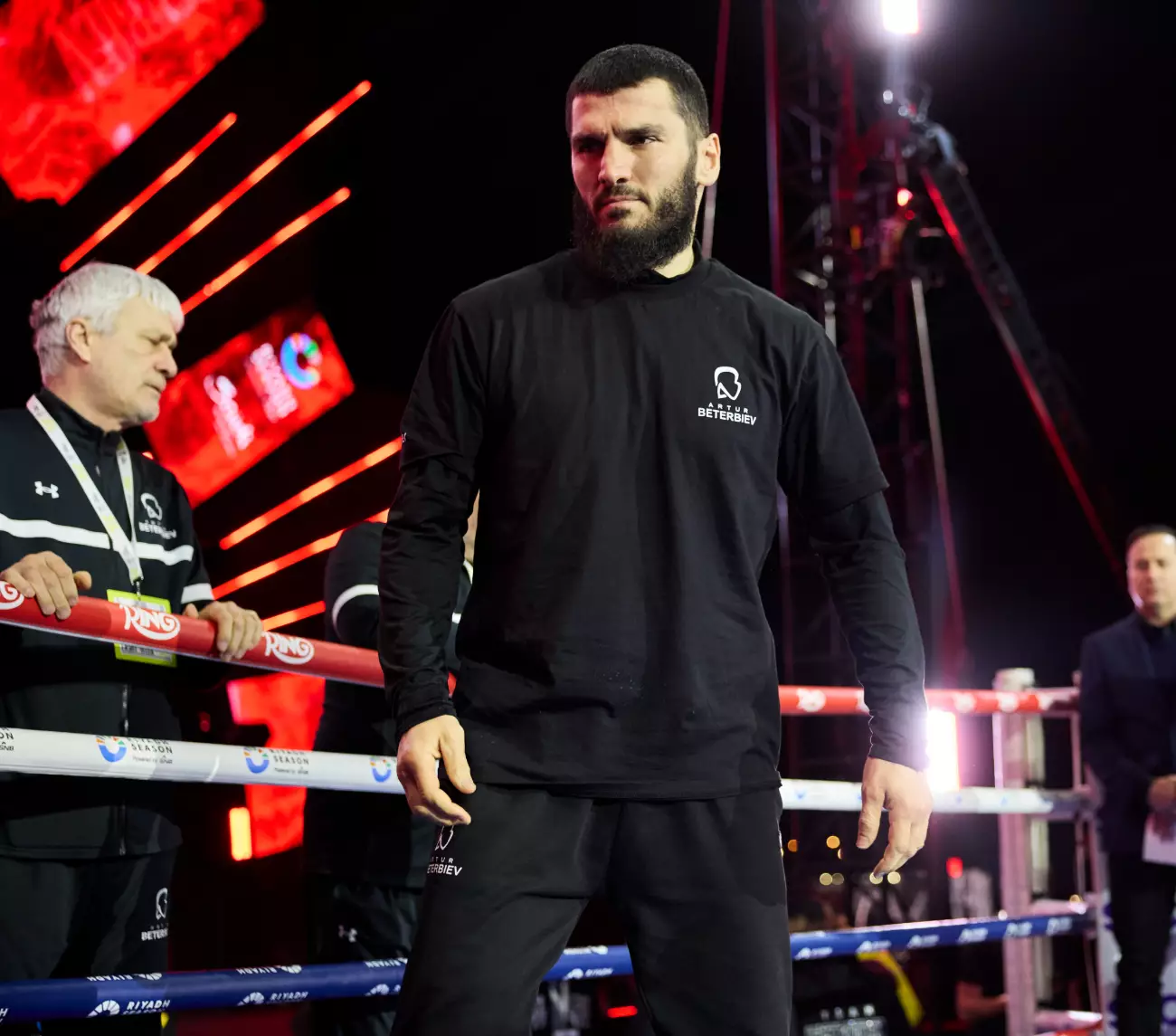As the boxing world turns its eyes to Riyadh, Saudi Arabia, the rematch between Artur Beterbiev and Dmitry Bivol has become a focal point of intense speculation and anticipation. With Beterbiev holding the undisputed light heavyweight championship title, the stakes could not be higher. Fans are eager for a decisive outcome—many hoping for a knockout—so that the looming specter of a trilogy bout can be laid to rest. The fallout from their first encounter has stirred emotions, leading to fervent opinions about the fairness of the judges’ decisions and the potential implications for the future of the division.
The discourse surrounding the rematch isn’t solely centered on the two fighters; promoter politics play a significant role as well. Eddie Hearn’s complaints regarding the first fight’s decision have not gone unnoticed. Some argue that Beterbiev needs to eliminate the uncertainty by delivering a clear victory, ideally through a knockout, to minimize the potential for another contentious decision. In the minds of many, only a definitive win can eliminate any whispers of controversy and ensure that the light heavyweight division can progress without the shadow of unresolved rivalry hanging overhead.
Dmitry Bivol, who feels the sting of defeat from their last encounter, has certainly been vocal about his approach this time around. Engaging with media, Bivol has spoken about the lessons learned in their initial battle. His comments reflect a tactical pivot toward aggression; he intends to increase his punch output and offer a more dynamic performance. By embracing a more energetic and proactive style, Bivol aims not just to avoid the judges’ scrutiny but to change the narrative of their rivalry altogether. This shift in strategy could present an electrifying clash of styles, with Beterbiev’s brutal power pitted against Bivol’s technological finesse.
Another layer to the intrigue lies in the potential opponents awaiting the victor. Promoters and fans alike speculate on who could next step into the ring against the champion. While Turki Alalshikh advocates for a third fight, many boxing enthusiasts are vocal about their preference for David Benavidez, the WBC mandatory challenger. Benavidez’s explosive fighting style contrasts sharply with Bivol’s measured approach, promising a thrilling spectacle. The light heavyweight landscape is ripe with opportunity, and the path forward hinges on the outcome of the imminent Beterbiev-Bivol rematch.
As fight night approaches, the air is charged with excitement and uncertainty. Both fighters have something to prove, and the implications of their bout carry significant weight in terms of legacies. Boxing fans are not only looking for skill and heart within the ring; they crave a narrative that transcends the fight itself—a quest for clarity, fairness, and the honor that accompanies championship glory. Whether Beterbiev solidifies his dominance or Bivol claims redemption, one thing is clear: this fight is not just a rematch; it is a defining moment for both champions in their storied careers.

